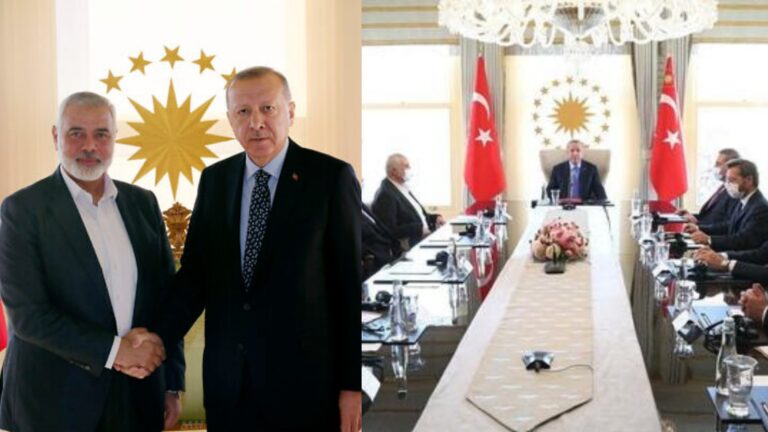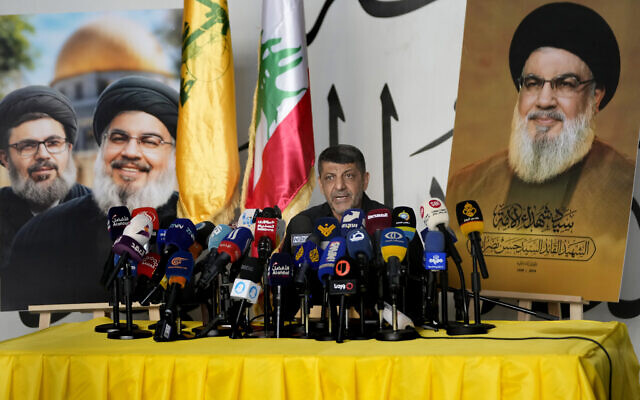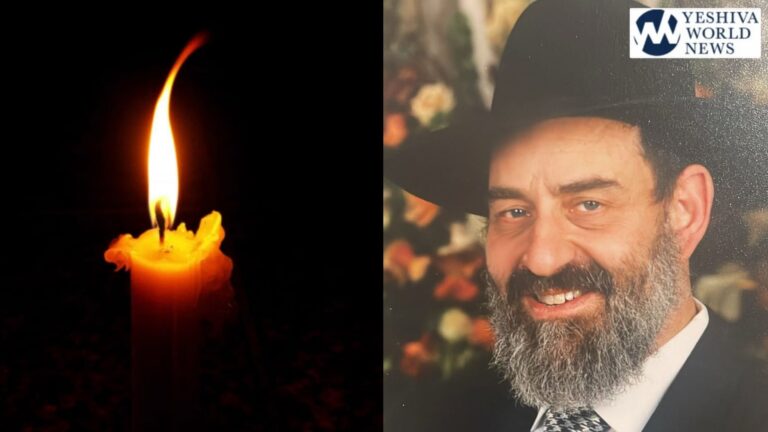 Exactly one week after becoming president-elect, Donald Trump stepped outside his namesake fortress here for the first time. He ventured just five blocks, to dinner at the 21 Club – a dark-mahogany-and-red-leather-banquette throwback, where model airplanes and sports memorabilia hang from the ceiling and jackets are de rigueur for men.
Exactly one week after becoming president-elect, Donald Trump stepped outside his namesake fortress here for the first time. He ventured just five blocks, to dinner at the 21 Club – a dark-mahogany-and-red-leather-banquette throwback, where model airplanes and sports memorabilia hang from the ceiling and jackets are de rigueur for men.
The vintage haunt, where Trump dined with family members, feels like home. The waiters know his preferred table (No. 14, where Frank Sinatra and Richard M. Nixon once ate) and his regular order (the $36 burger, well done, with fries).
So it has been for the president-elect, who has retreated to one comfortable, familiar refuge after another – his soaring Manhattan tower, his white leather-upholstered Boeing jet, his lush golf courses, his opulent beachside castle.
Trump is a man isolated, increasingly cosseted away from the voters who lifted him to his seemingly improbable victory. He favors his own people and his own places, creating the veneer of accessibility – his tweets reach millions and he still answers his cellphone – while placing himself in almost entirely habitual settings.
He spends most of his days in Trump Tower, with few close friends and few meaningful one-on-one interactions beyond the family members, advisers and loyalists who are whisked by gold elevator to his 26th-floor office for private audiences. Trump rarely leaves, not even for a breath of fresh air; nor does he encounter many people he does not already know or who do not work for him.
Yet Trump remains omnipresent in American life, constantly communicating with the public via Twitter and media interviews without the varnish of news releases or the protection of handlers. Whether it is Meryl Streep’s remarks about him or the question of Russian hacking, no topic is too mundane or charged for him to lend his voice to it.
And he answers his personal cellphone, something that acquaintances and colleagues speak of in almost reverential terms. As he prepares to enter the White House, Trump is resisting his advisers’ efforts to take away his cellphone or at least restrict his use of it, said one person close to him, who spoke on the condition of anonymity to reveal details of private conversations. They worry about national security; he worries about losing touch.
When Sen. Bob Corker, R-Tenn., needs to reach Trump, the Foreign Relations Committee chairman does not have to go through an aide or schedule a meeting. He said he simply dials Trump’s cellphone directly, and the president-elect answers, even though Corker’s number registers as “No Caller ID.”
“I’ve never seen anything relative to access like this. Unbelievable,” Corker told reporters recently. “I don’t think there’s likely been a White House like this, maybe ever, but certainly in modern history.”
In many ways, Trump seems most comfortable communicating at a slight remove, with a stage or a screen – television, Twitter, phone – serving as the intermediary between him and the public. Such tools are both his megaphone and his shield, allowing him to blast out a message undiluted with little risk.
“He sees the power of mass communication, which goes through screens, and he recognizes its importance,” said Christopher Ruddy, a Trump friend and the chief executive of the website Newsmax Media. “He’s clearly studied the art of it and developed an online and TV persona that’s very powerful. If you look, he’s very much impressed by people who are on TV or come across well on TV, because he thinks it’s such critical marketing.”
Trump has shunned some of the traditional photo ops that his predecessors have orchestrated to demonstrate compassion and forge a connection with everyday Americans.
He spent Veterans Day in November not laying a wreath at a memorial site, as President-elect Barack Obama did in 2008 to pay tribute to fallen soldiers, but staying inside Trump Tower (even though New York’s historical parade was marching right outside along Fifth Avenue). On Thanksgiving and Christmas, he celebrated in private with family members and friends, making no public appearances at military bases or homeless shelters or soup kitchens.
“A lot of what you see by previous presidents are platitudes: ‘I’m going to go and pretend I’m supportive of a particular entity and serve food at a soup kitchen,’ ” said Corey Lewandowski, a former campaign manager of Trump’s. “Donald Trump wants to bring jobs back so we don’t have soup kitchens. He has not been a person to do staged events for the sake of doing staged events.”
Trump’s duality – his wariness of those not in his trusted orbit, yet his insatiable desire for constant contact and feedback – has posed challenges for his advisers and could ultimately leave him detached from everyday voters.
He does not use email and rarely surfs the Internet, meaning that telephone calls, television appearances or physical proximity are the best ways to reach him. As his three successive campaign managers quickly learned, whoever controls the flow of information to Trump controls the man – at least as much as he can be contained.
Newt Gingrich, the former House speaker who was a trusted campaign adviser to Trump, said he expects the new president’s relationship with Congress to be a mix of salesmanship and accessibility.
“Trump will be a larger figure who’s more aloof and more distant, but whose weight and effectiveness is so great he will clearly be a dominating figure,” Gingrich said. “He’ll bounce back and forth between the two worlds. When he comes into the congressional world, he’ll be very effective on the personal level.”
But, Gingrich added, “On another level he’ll be very distant and you’ll see him by tweet and you’ll see him on ‘Fox and Friends.’ ”
Trump’s distance, friends say, stems in part from a certain insularity, with the developer turned politician preferring his own properties, stocked with his own people. Ruddy, who is a member of the private Mar-a-Lago club and whose Newsmax is based in West Palm Beach, Fla., said he has lived in the area for two decades, yet he can count on one hand the number of times he has seen Trump outside of his private Florida retreats.
“He’s an old-shoe type of guy – he likes to be in his comfort zone, which are his golf clubs and his homes,” Ruddy said. “He likes people he’s comfortable with and likes, and if he doesn’t feel comfortable around you, he’s not going to be inviting you around.”
Trump has only gone out to eat a few times since the election – twice to the 21 Club and once to Jean Georges at the Trump International Hotel & Tower, where the president-elect dined over frog legs and prime sirloin with adversary-turned-job-applicant Mitt Romney.
For Trump, like President Obama, the links – whether at Trump National Golf Course in Bedminster, N.J., or Trump International Golf Club in West Palm Beach, Fla., near his beloved Mar-a-Lago – are personal sanctuaries. In either place, he is most at ease. He wears boxy “Make America Great Again” caps and open-collar shirts, unwinding with friends over rounds in the morning and then retreating to the clubhouses for casual lunches.
“He’s always playing golf courses that bear his name,” sportswriter Michael Bamberger said. “The golf cart has his name on it. The water bottle has his name on it. If the course is crowded, groups will move to the side for him . . . When he gets to the dining room, the waitress is right there. Membership has its privileges, but ownership has a lot more privileges.”
Bamberger, who has closely studied Trump’s golf habits for years, said the president-elect is deeply knowledgeable about the sport and plays it well. And he uses his time at the golf course to forge bonds and size people up. “He’s a very social creature, a gregarious creature, and golf gives him an opportunity to do that,” he said.
One of Trump’s preferred methods of charming, however, is the telephone, which he uses to receive advice and pepper his callers with questions well into the night.
Roger J. Stone Jr., a longtime adviser to Trump, likened him to a mix of former presidents Lyndon B. Johnson (with his ability to woo and cajole) and Nixon (with his late-night tendencies).
“He is like LBJ,” Stone said. “He loves the telephone. He loves calling people. He really does have a very good manner with people. He can be very likable on the phone.”
As Trump hurries to solidify his Cabinet, he has been known to call his nominees unprompted just to check in, asking which senators he ought to lobby to help them win confirmation.
“Who do you need me to call? Who do I need to call?” Trump asked one nominee, according to someone familiar with the conversation.
Rex Tillerson, Trump’s choice for secretary of state, cited his prospective boss’s almost constant availability during his Senate confirmation hearing when asked how he would handle an impromptu Trump tweet that undermines his own diplomatic efforts.
“I have his cellphone number,” the ExxonMobil chief said. “And he’s promised me he’ll answer.”
“And,” added Tillerson, “he does.”
(c) 2017, The Washington Post · Ashley Parker, Philip Rucker










